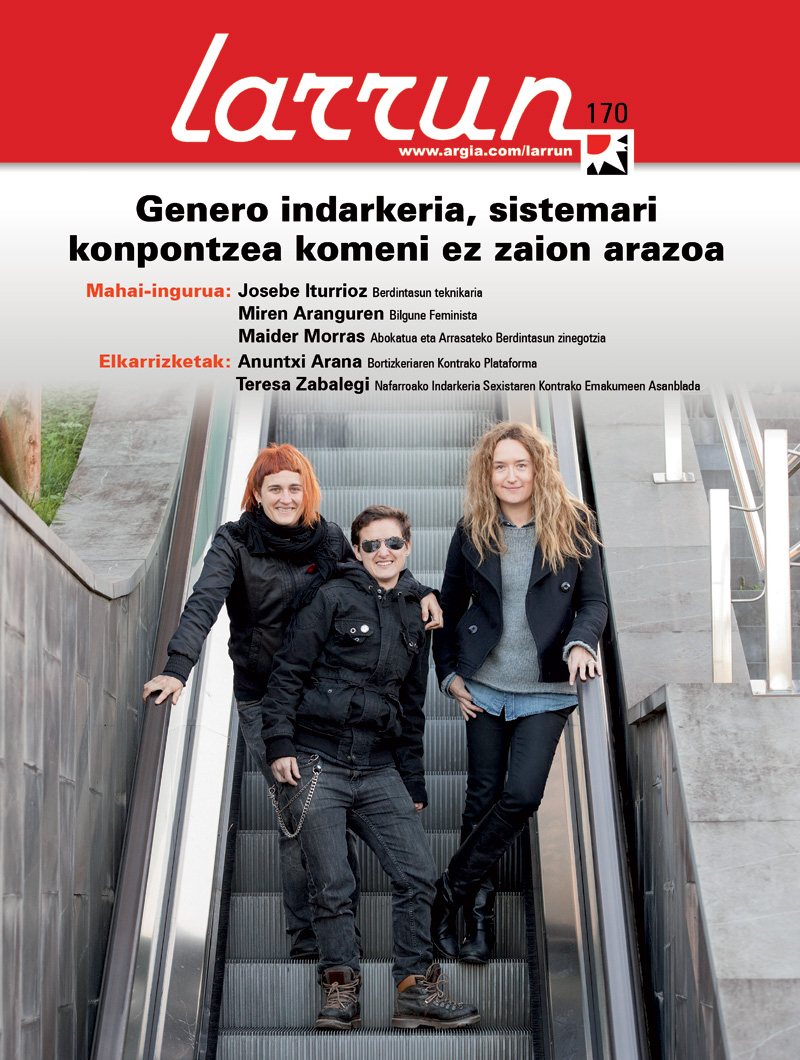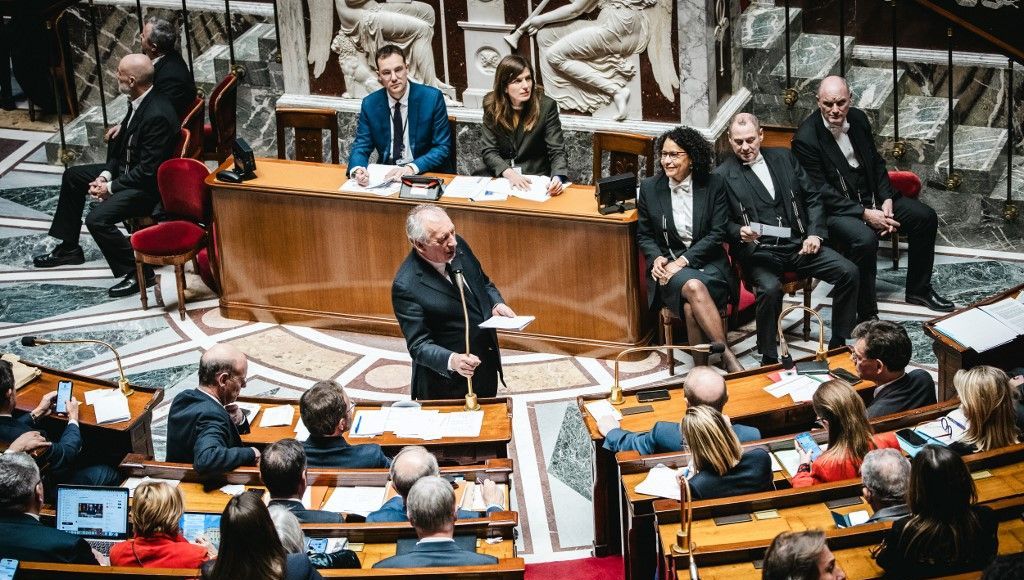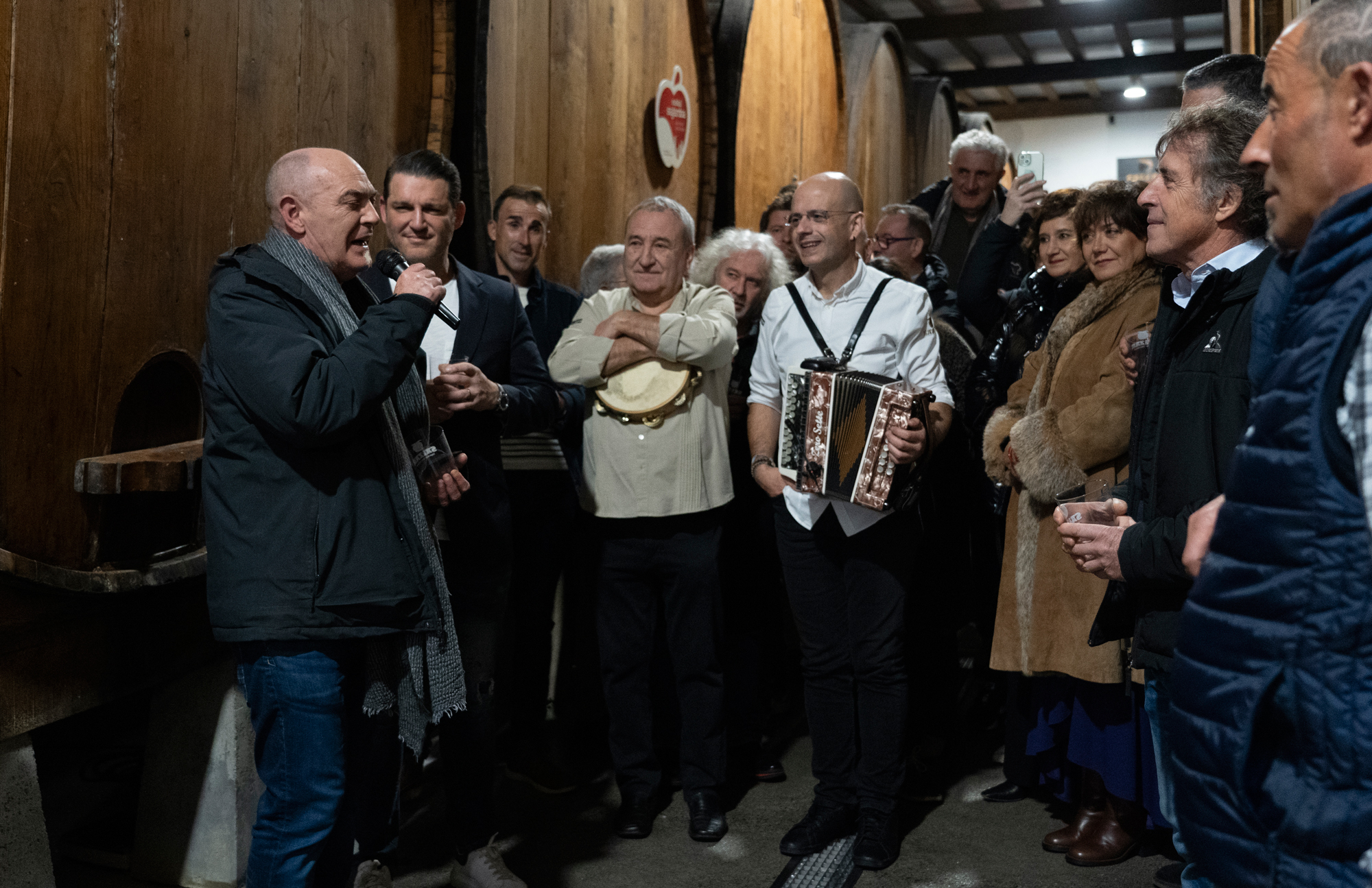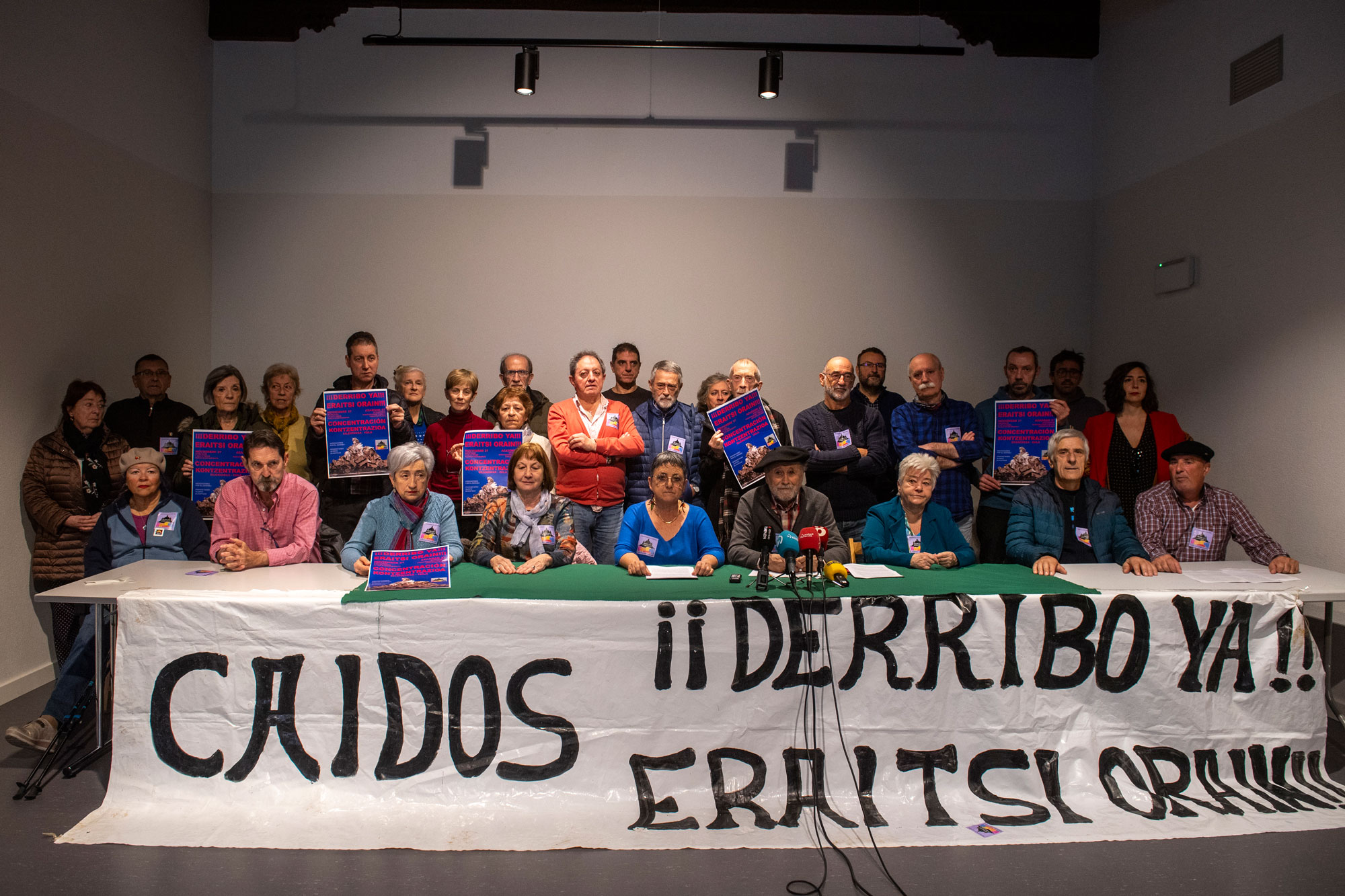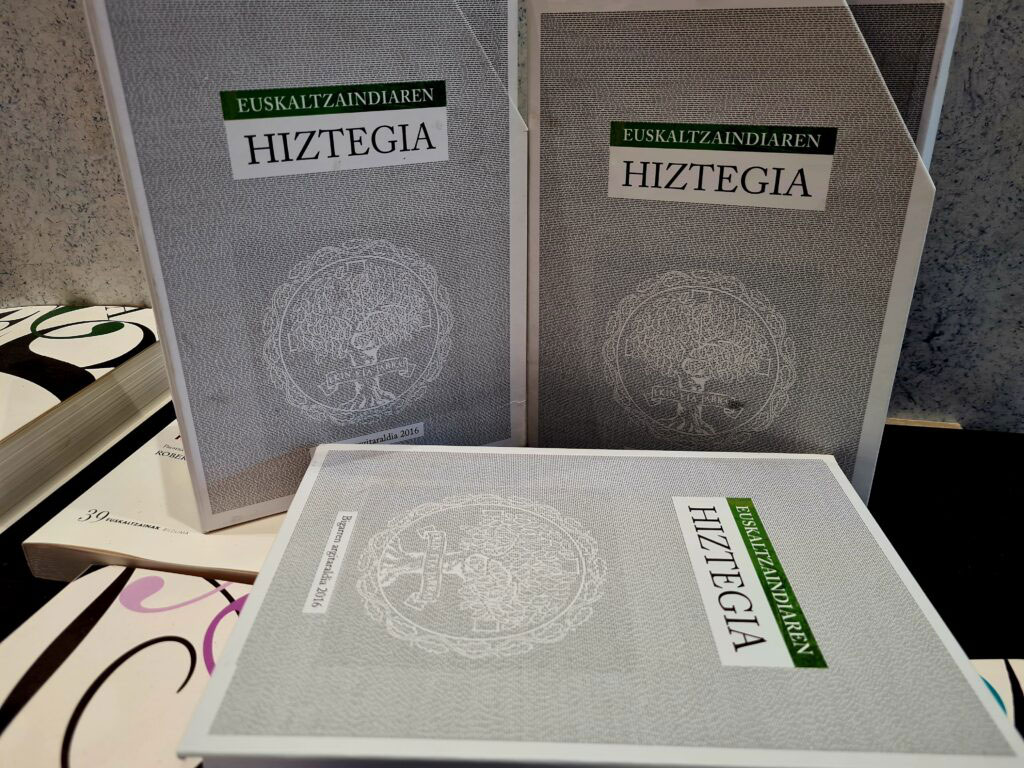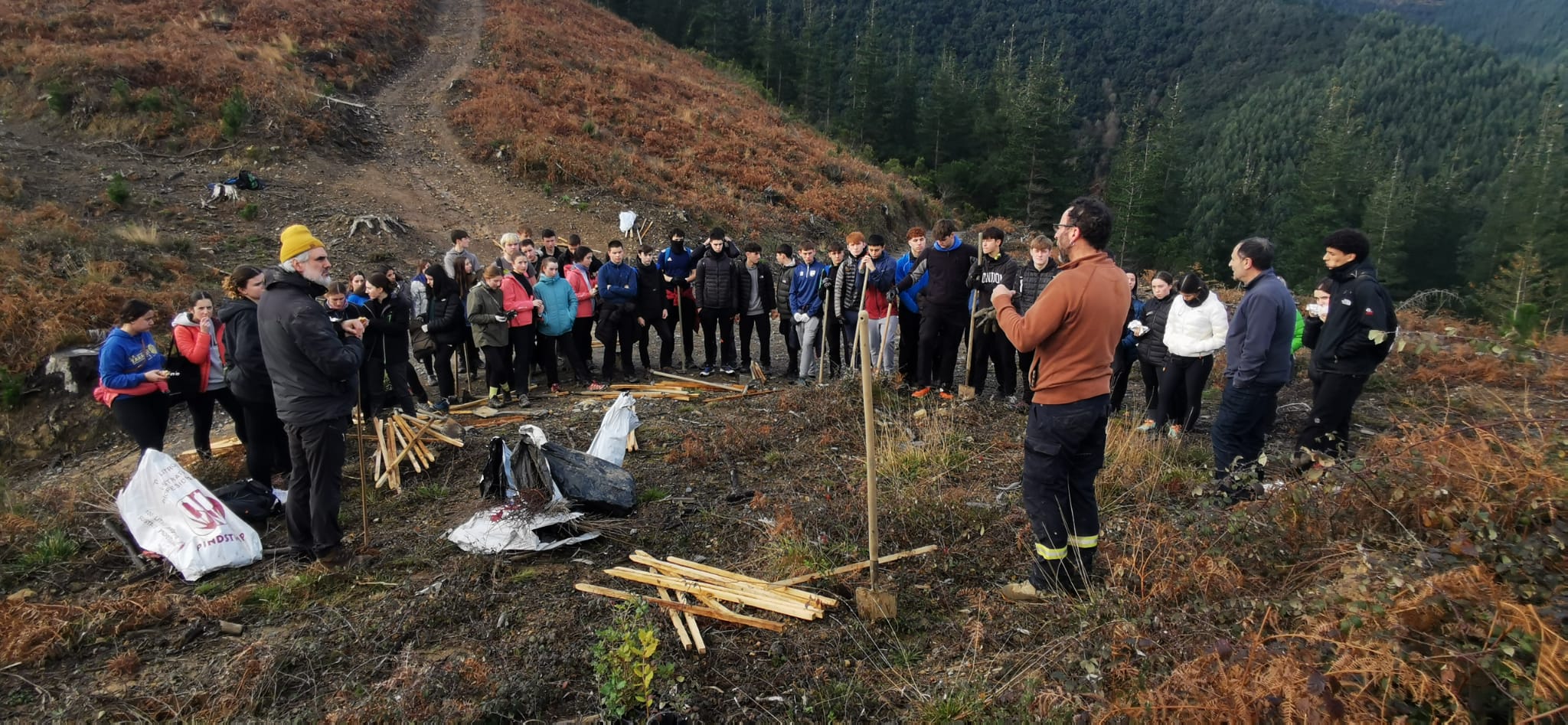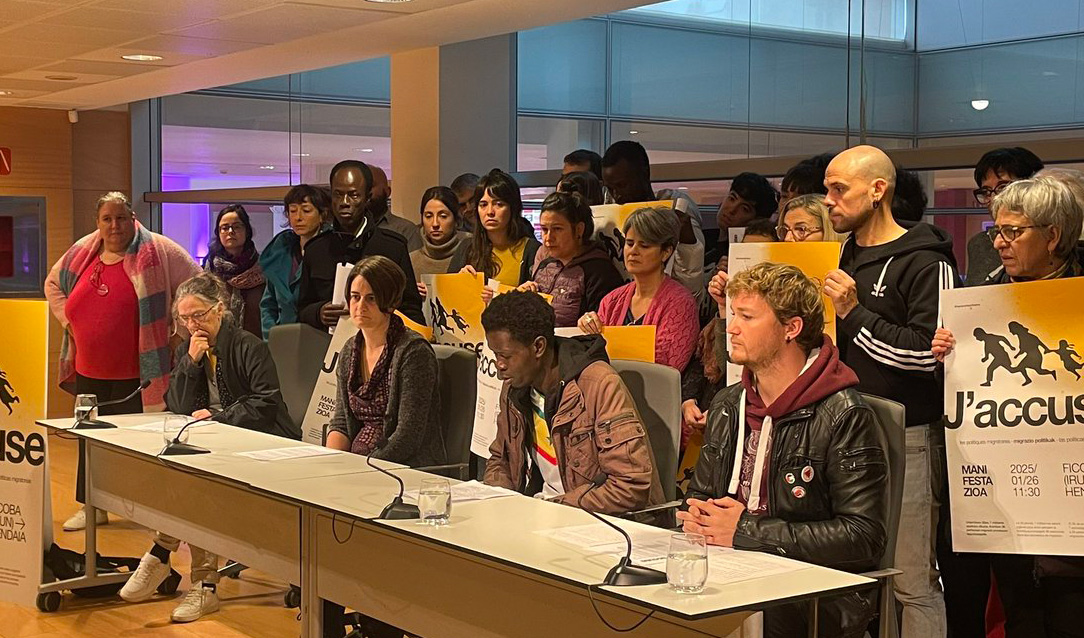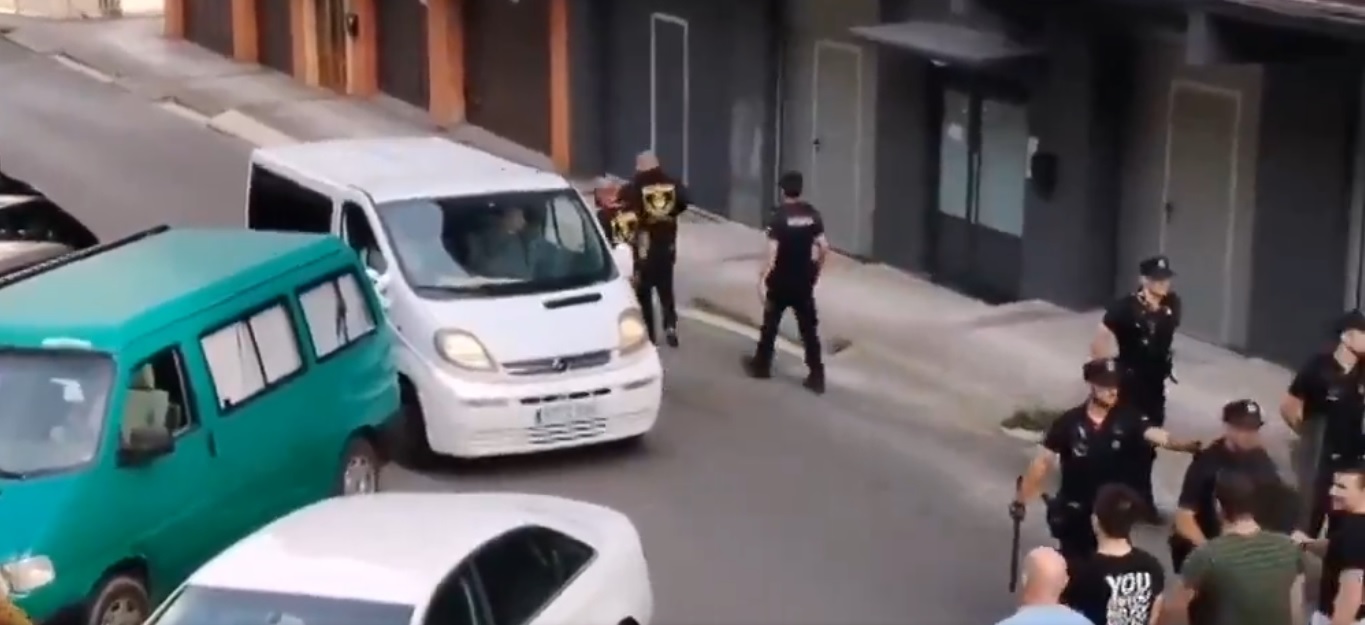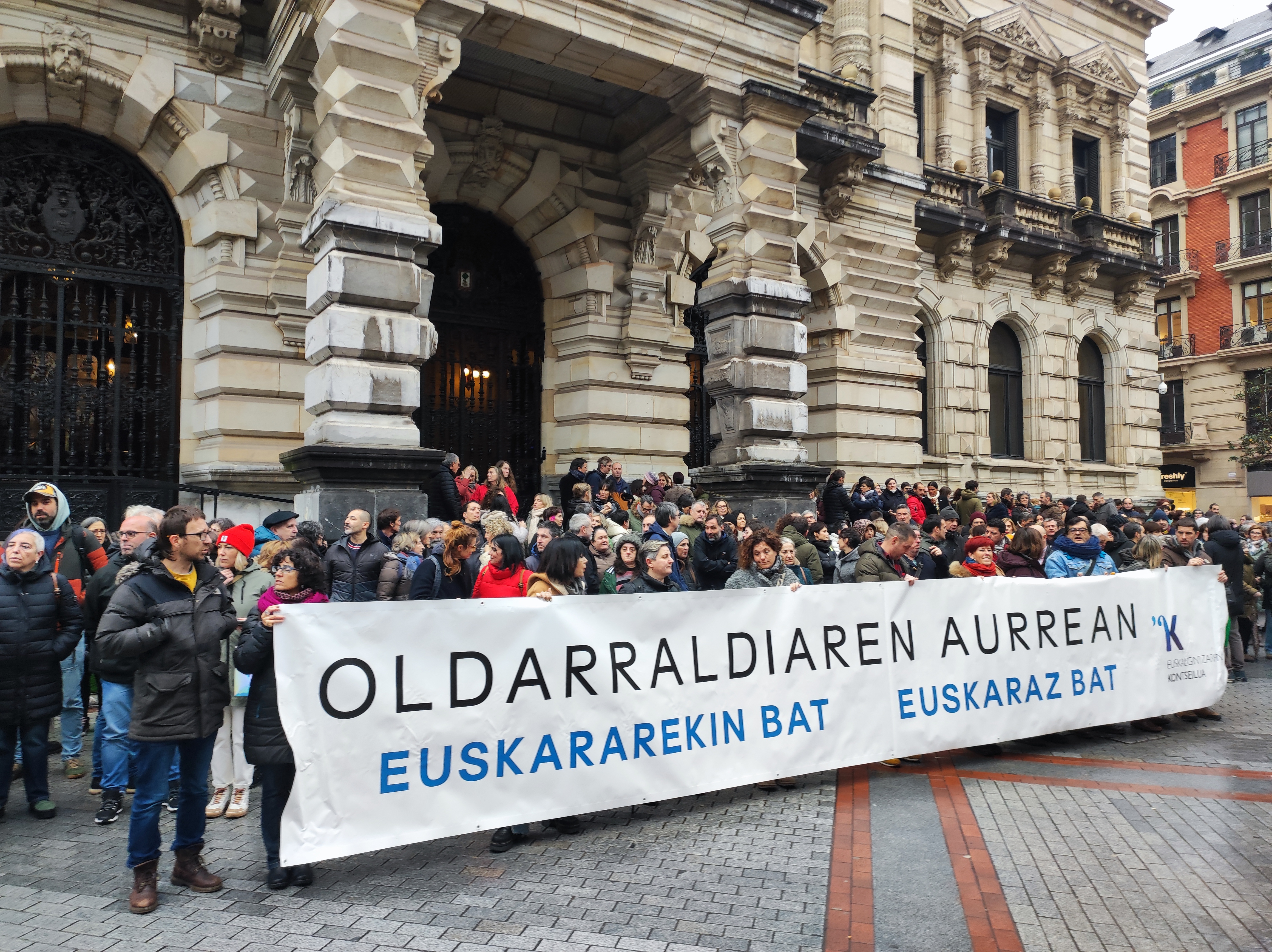"If it is significant enough that the authorities cannot draw a comprehensive law"
- In 2010, the law in force in Ipar Euskal Herria incorporated improvements. Unlike in Hegoalde, the formulation of complaints offers two formulas, but it is far from a comprehensive law. Anuntxi Arana, of the Platform against Violence, has highlighted the scarcity of resources and the lack of awareness in society.

How do you assess Iparralde’s legal situation?
By law, against gender-based violence and in order to protect the victims of this violence, we must explain that of July 2010. One of the most important novelties of this law has been the recognition of psychological violence. It also offers protection to threatened women, i.e. at risk of blow, forced marriage or sexual mutilation. On the other hand, for foreign wives, the entry code and the right to stay in the French State have changed, i.e. the “residence certificate” will be granted or renewed to those who have suffered domestic violence.
The law allows the aggressor to be removed and proposes the experimental use of the electronic ring; and states that residences will be reserved for those who have been forced to leave their homes due to violence. With regard to prevention, she pointed out that measures would be taken to raise awareness and promote gender equality in education.
Although it is a step forward, the 2010 law is not satisfactory, it is applied very randomly and does not fulfil the function of a comprehensive law. Measures against sexism continue to be disseminated in different codes (criminal code, civil code, labour law…) and are often contradictory; for example, when it comes to attacks, they do not see who the children are going to be and under what conditions. That is, an integral law is the old feminist, coherent demand that affects all areas related to sexism.
To measure the situation, look at what has happened in the spring. There was a law punishing sexual harassment, but it was insufficient and inaccurate in its definitions. Well, a former minister, accused of a crime of persecution, called on the National Court to consider it an injustice to be condemned in the name of a vague law. In parentheses it was years ago that feminist groups had called for that law to be amended, but they were not heeded. No to the feminists, but yes to the former minister: the constitutional council decided that the law did not work and, therefore, the cases in which it occurred were blocked and total impunity for the defendant was resolved. There were resources and, in the meantime, elections, and the Socialists have made a new law this summer. However, some of the complaints that have already been made will have no follow-up, since the same crime cannot be reported twice and if reclassified as another, they cannot be applied retroactively. Therefore, half of the complaints will fall on the ground.
Does the Police have a great determination in the process? How do you rate your participation?
The police cannot reject a complaint from Ontsalaz, but it was not long ago when she was reporting that a woman had been raped or assaulted by her husband. Knowing this reality, often denounced, Sarkozy made a circular saying that the victims must be respected and their demands must be met. Here are two types of complaints; one (“main courante” or mild), does not have an indeterminate or immediate effect, but if there is a recurrence there is recorded; the formal complaint (“plainte”) is much more serious. Sarkozy’s circular said that the police should not advise “main courante”, quite the opposite. Reference is also made to the training of the reception officials of the injured women, who all acknowledge their need; then, it is a crisis, which are cutbacks, which do little and, often, as always... What, circular, we know that since then the police do not always facilitate the formal denunciation.
Are adequate resources put in place to protect women and to rebuild their lives?
In no case, even if the media mentioned the issue and campaigns were carried out. In the North there is no special house for women; in Baiona there is a hostel for everyone who has a capacity of 35 people; there are also apartments reserved for several of them.
There are also information and support services in Baiona, and stays in Hendaia, Lohitzune and Donapaleu. But, in general, the lack of funding is high: Ipar Euskal Herria does not have his own department, he has to share it with Biarno, and the capital, Pau, is in Biarno; when it comes to distributing money, Pau takes the lion and there is little left here.
On a social level, is it a widespread awareness of this violence?
Gender violence does not provoke many mobilizations, it feels indifferent, it is noticeable the small number of people who concentrate on the concentrations that take place alongside a sexist murder. It is often heard that these crimes are private facts and one type of press also regularly uses the terminology of the “crime of passion”. The feminists reported on the street and it has happened to us that a friend of the victim accused us of disrespect: “Who are you to take advantage of my friend’s death, what do you know about things?” When crime occurs in a small town, we are advised not to go to it because we do not have the right to get into the things of the interior of the country... In these cases, we focus on a larger neighborhood.
At the authority level, it is significant enough that comprehensive law cannot thrive. Then, awareness-raising campaigns are carried out sporadically, in 2010 the fight against sexism was a “national cause”. However, major initiatives, such as law enforcement ordinances, have been launched in some villages in the Hexagon. In Baiona, at the end of 2010, the City of Baiona set up the Observatory on Violence against Women, which brought together numerous associations and institutions. He has placed a telephone number and warned that there is a tool that can be used through the insertion of advertisements or the dissemination of brochures.
The problem is the money to bring things forward, although the shelter for wives is urgent, the growls that have come here are not enough to do something apparent.
AMAK
Company: Txalo teatroa.
Created by:Elena Díaz.
Address: Begoña Bilbao.
Actors: Finally, Ibon Gaztañazpi will account for the details of Intza Alkain, Tania Fornieles, Oihana Maritorena and IRAITZ Lizarraga.
When: 10 January.
Where: Auditorio Itsas Etxea... [+]
Today, the voices of women and children remain within a culture that delegitimizes their voices, silencing their experiences, within a system aimed at minimizing or ignoring their basic rights and needs. A media example of this problem is the case of Juana Rivas, but her story... [+]
Euskalgintzaren Kontseiluak eta Bizkaiko Foru Aldundiko langileak elkarretaratzea egin dute langileen egonkortzearen eta euskalduntzearen alde.
Departamenduko Laborantza Ganbarako hauteskundeen kanpaina abiatu da. Urtarrilaren 14an bozetara aurkezten diren hiru sindikatuen ordezkariekin bi oreneko eztabaida sakona antolatu zuten Euskal Hedabideek, osoki euskaraz.









